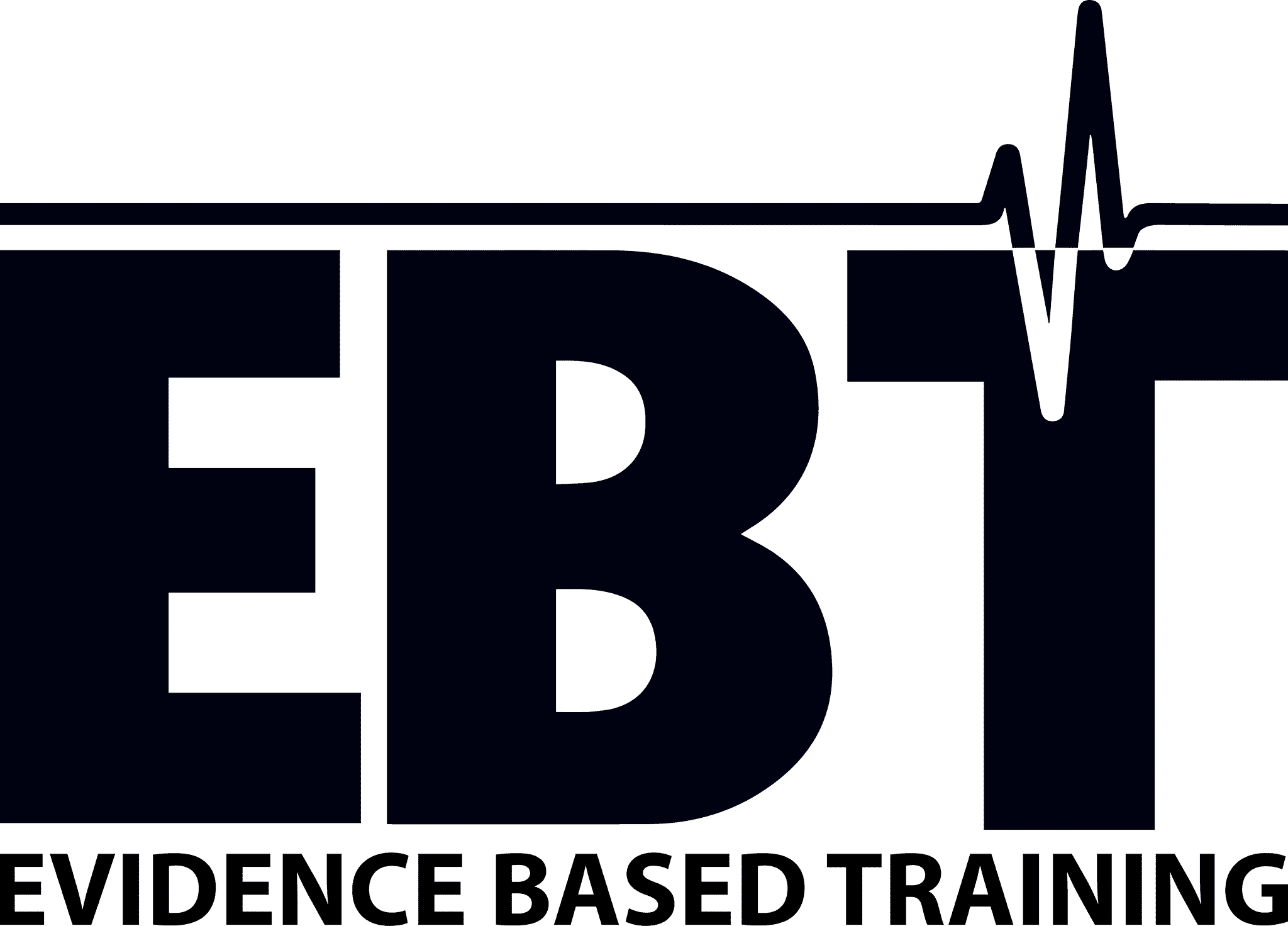Entomophagy is the concept of eating insects for food, practiced by about 2 billion people today! Beetles, caterpillars, bees, wasps, ants, locusts, grasshoppers, and crickets. YUM!? Even I’VE eaten an insect during vacation in Thailand.
With global demands for meat expecting to increase by 29% by 2050, crop production may need to increase by up to 110% to feed livestock, meaning tons of greenhouse gasses! Insects, however, might be the answer to the problem.
This study looked at protein content of collected insects and 7 commercially available insect powders. Protein content in insects varied from 7 to 48 g /100 g dry-weight (compared to 19-26 for beef!). Powders had even higher content, from 44 g /100 g in scorpion to 70 g /100 g in mealworms. These numbers might be overestimated since there are non-protein nitrogen in insects that may be mistaken for protein.
Amino Acids
Essential amino acid content was comparable to beef, eggs, milk, and soy, but varied greatly between species. Leucine (the most important amino acid for gains) was on average slightly lower in insects compared to meats. However, all commercial powders were lacking at least one essential amino acid! “Amino acid scores” are generally higher than plant proteins, but lower than animal proteins. These scores, however, don’t consider muscle building capacity of the protein.
Digestibility also seems to be good, from 77%–98%, but studies and methods are limited. Future studies are needed to find insects with the highest and most digestible leucine and essential amino acid contents, and also to compare muscle building capacity.
Would you eat insects? Comment and let us know what you think!
Sources:
Consideration of insects as a source of dietary protein for human consumption. doi: 10.1093/nutrit/nux057.









